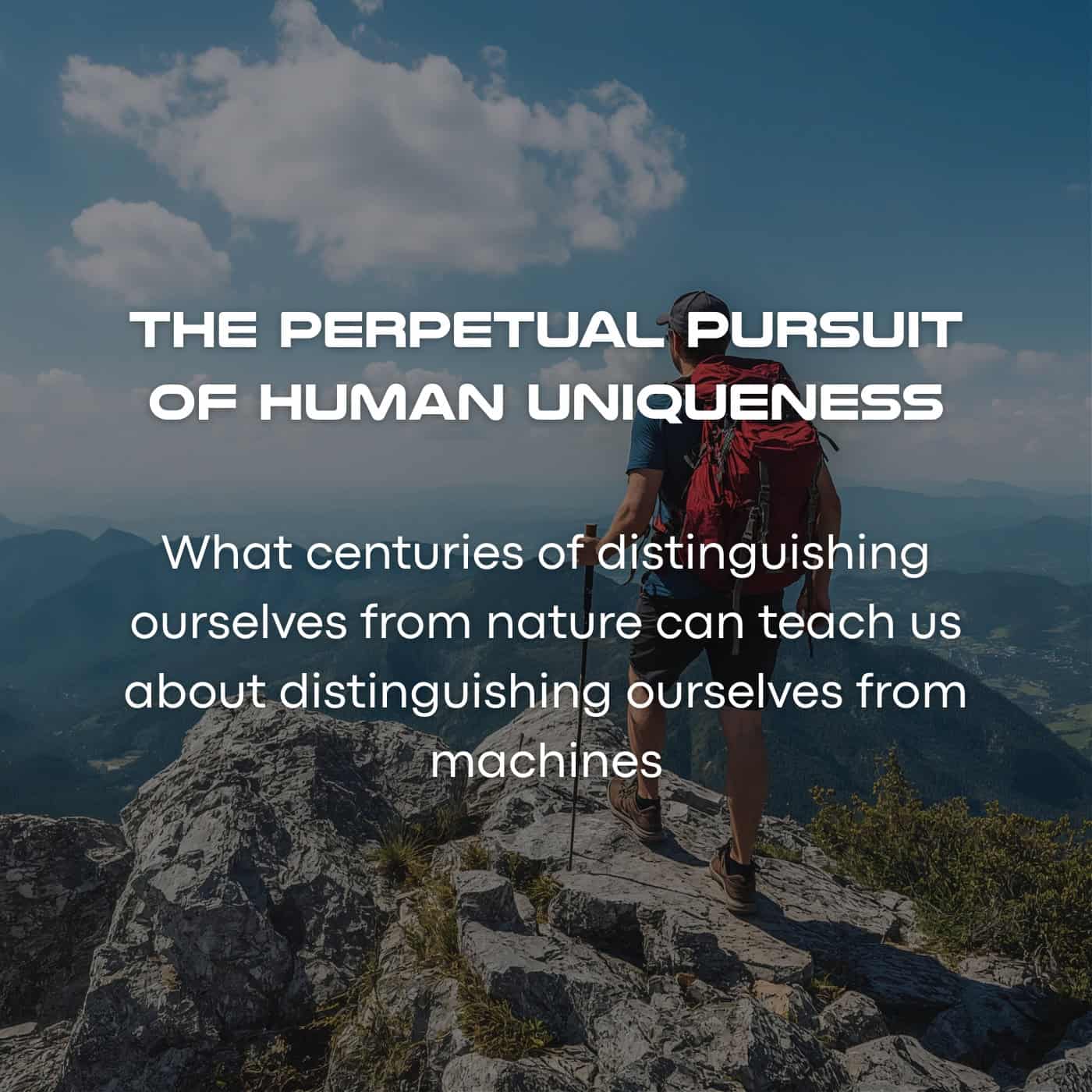I finally got around to watching the recording of Lawrence Lessig‘s 15 May speech “the search for a moose” (inspired at least in part by “In Search of Jefferson’s Moose“) in Berlin at a Heinrich Böll Foundation event. Although I have seen many of his remix examples before, I still enjoy watching them and they alone are worth watching the entire lecture:
More importantly though I agree with his assessment of our cultural de-evolution in the last century. I found his statements about our broadcast, read-only, culture of consumption hauntingly familiar (although more clearly stated) to my own thoughts and discussions on the topic. I believe strongly that culture should be an ongoing participatory process, not something to be dictated and simply regurgitated.
People who are actively engaged in the creation of their culture will be far better citizens than those trained to sit and stare at the work of a select few. One of the reasons that folks are less friendly, less neighborly than they were a hundred years ago is because they are less engaged in their community and in the world around them. People coming together to entertain each other is far more conducive to a sense of community than sitting alone, watching tv. That sense of community is what many, maybe even most of us have lost during the broadcast revolution – first radio, then television.
Now the next technological revolution is producing fruit, the Internet revolution is breaking down many barriers, including those constructed by broadcast media over the past century. It allows communities to form and people to connect without any concern for distance, religion, race or even language. This revolution is one of relationships and communication and a major component of them is the sharing and creation of culture through art.
Art (and science) has always been a process of inspiration. Artists are inspired by the world around them and by each other. We all contribute by building on the work of those who came before us. The computer has allowed folks to incorporate the work of others into their own in ways previously unimanginable. The Internet has allowed access to a far larger audience and community in seconds than most who came before us could have achieved in a lifetime. These two factors come together in the art of the remix and around a wider opportunity for a cultural rebirth on a global scale.
Current copyright law stands in the way of this cultural revival. The intention of copyright and other forms of intellectual property law is to foster innovation and creativity. We are at a point where these laws are having the opposite affect and this needs to be addressed.
As Lessig does a great job of illustrating in his speech though, the effect of our copyright laws go beyond stifling creativity and orphaning great works. These laws are actually forcing anyone who wishes to participate in this new culture to live as a criminal. He astutely refers to it as the war on piracy and points out that (like most of the U.S.’s domestic wars) it is infective at doing anything other than making citizens criminals. He states that the cost of turning our children into pirates, into criminals must be reckoned in this debate. That the corrosive and corruptive affect of forcing people to live against the law is a substantial burden to society and to the rule of law. I could not agree more.
I also think that his argument transcends the debate of copyright, especially when he says:
In America, our kids live in this age of prohibitions, living life constantly against the law.
I thought immediately of something I read many years ago in a book that is gaining popularity once again:
“Did you really think that we want those laws to be observed?” said Dr. Ferris. “We *want* them broken. You’d better get it straight That it’s not a bunch of boy scouts you’re up against– then you’ll know that this is not the age for beautiful gestures. We’re after power and we mean it. You fellows were pikers, but we know the real trick, and you’d better get wise to it. There’s no way to rule innocent men. The only power any government has is the power to crack down on criminals. Well, when there aren’t enough criminals, one makes them. One declares so many things to be a crime that it becomes impossible for men to live without breaking laws. Who wants a nation of law-abiding citizens? What’s there in that for anyone? But just pass the kind of laws that can neither be observed nor enforced nor objectively interpreted – and you create a nation of law-breakers – and then you cash in on guilt. Now that’s the system, Mr. Rearden, that’s the game, and once you understand it, you’ll be much easier to deal with.”
(Ayn Rand, Atlas Shrugged , Ch. III, “White Blackmail”)
More to Lessig’s point though, is this a moose? Is this “simple justice” as he calls it a concrete and irrefutable demonstration of why copyright needs to change? I think not. While I agree with the point I think it is still a “tell” and not a “show.” A moose (in this context) needs to be something that can be pointed at and seen by everyone, not just those who already sympathize or agree. The criminalization of our youth is not in and of itself a moose, it may however be a very good place to find a moose.
The headline: Woman gets $1.9 million fine for file sharing is very close to the moose that Lessig is looking for. I believe that most people can see this decision as ridiculous (and probably unconstitutional), how can $80,000 per song be justified? For me, this is clear evidence that the system is broken… but perhaps not for everyone. As far as I know, this Jammie Thomas-Rasset downloaded the 24 songs not to remix but just to listen too. If she had used the downloaded songs to contribute to society in some way, if she had been an active participant in the remix culture than this case would be a much more ideal moose. As it stands she can be dismissed as a simple thief by those who do not want to be convinced. Thus the moose hunt continues.
Have you seen a copyright moose?




